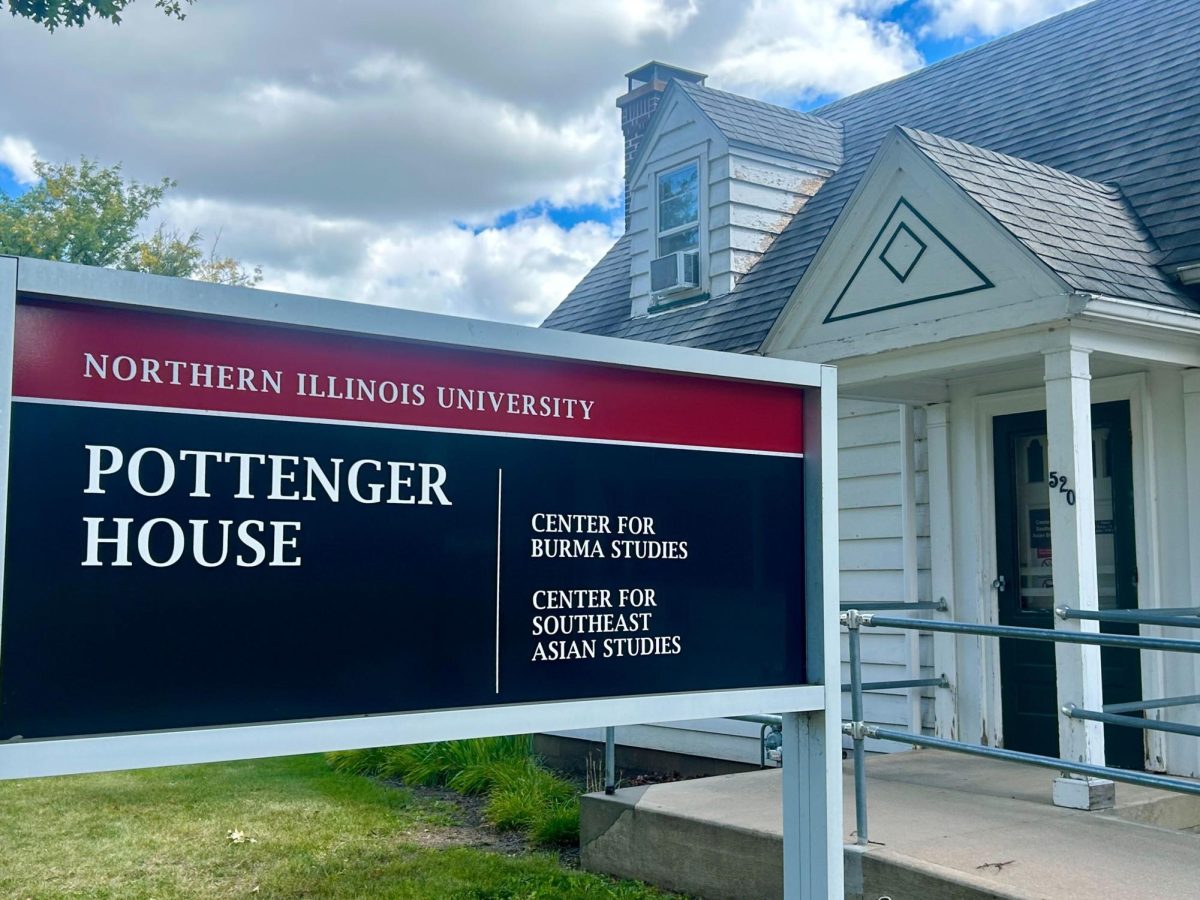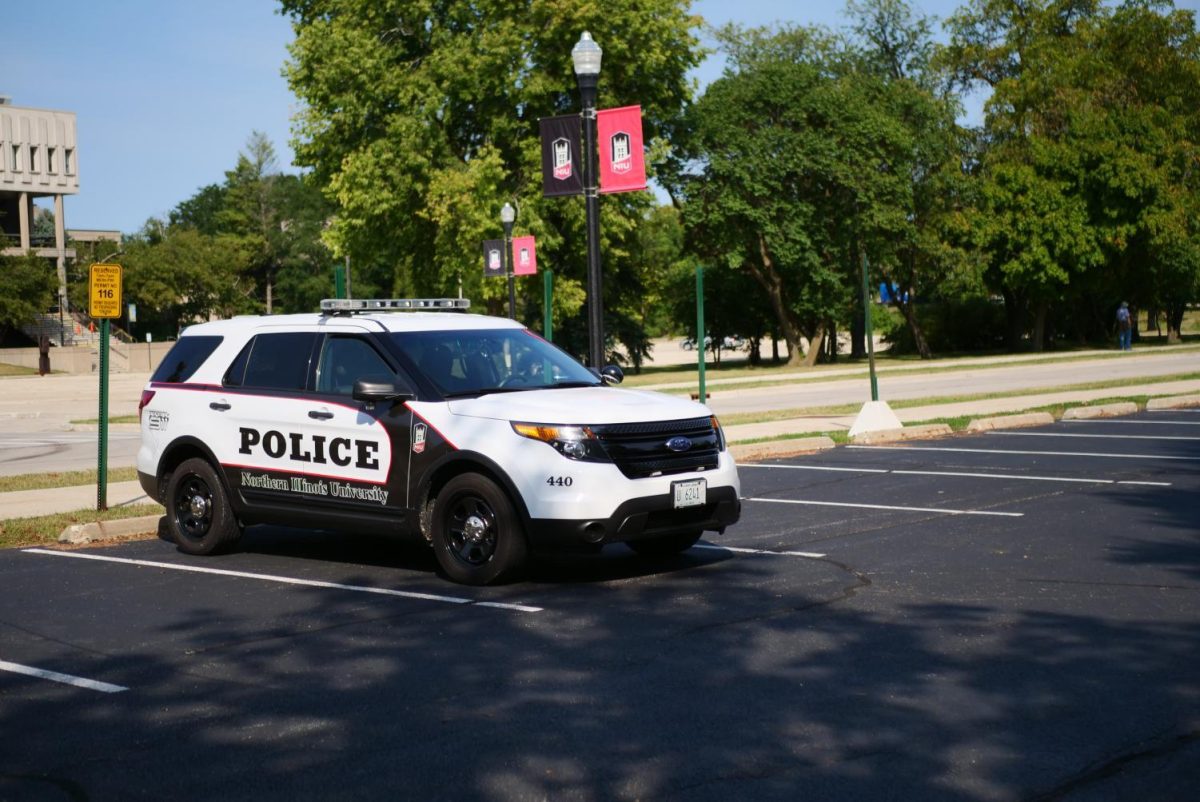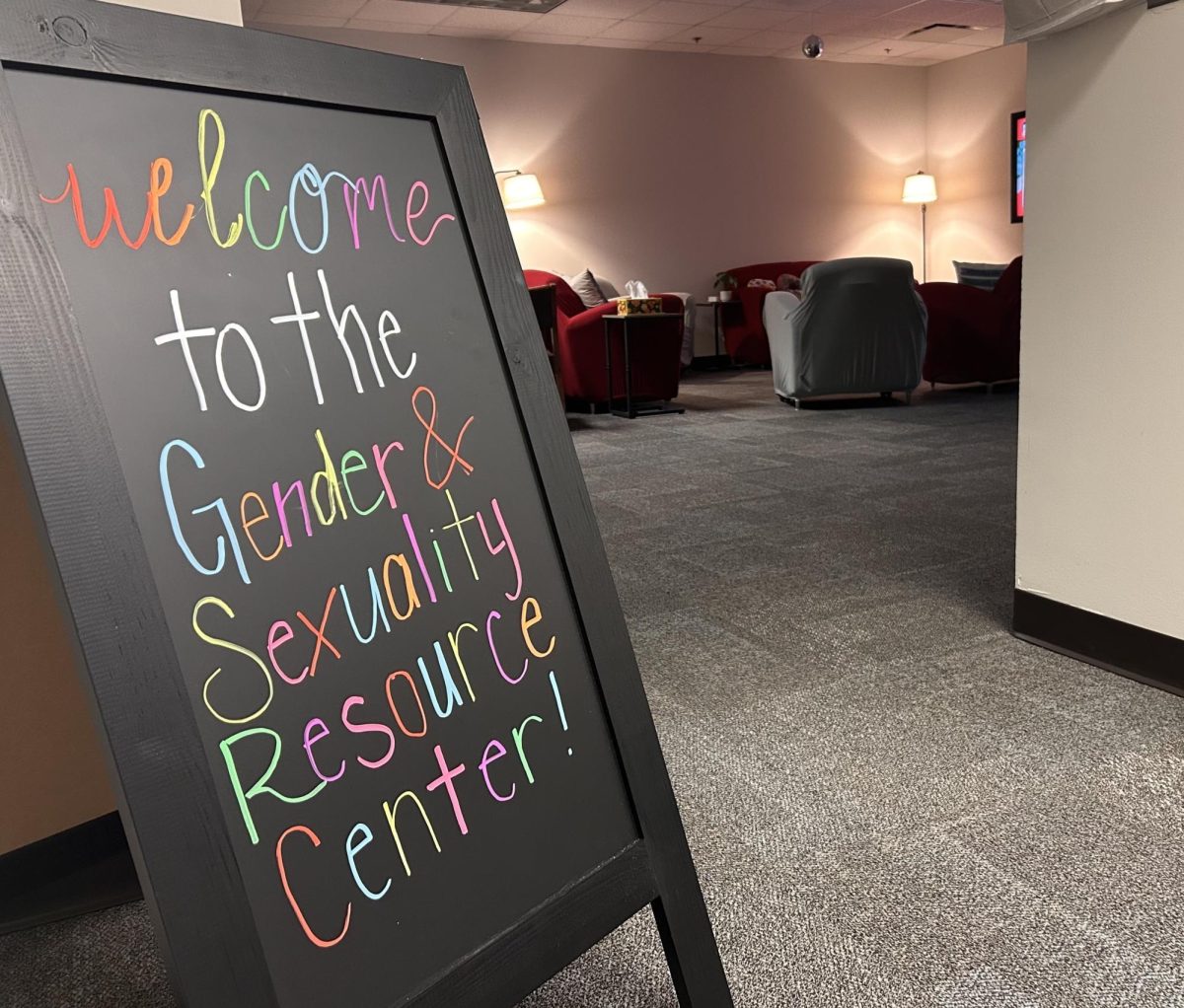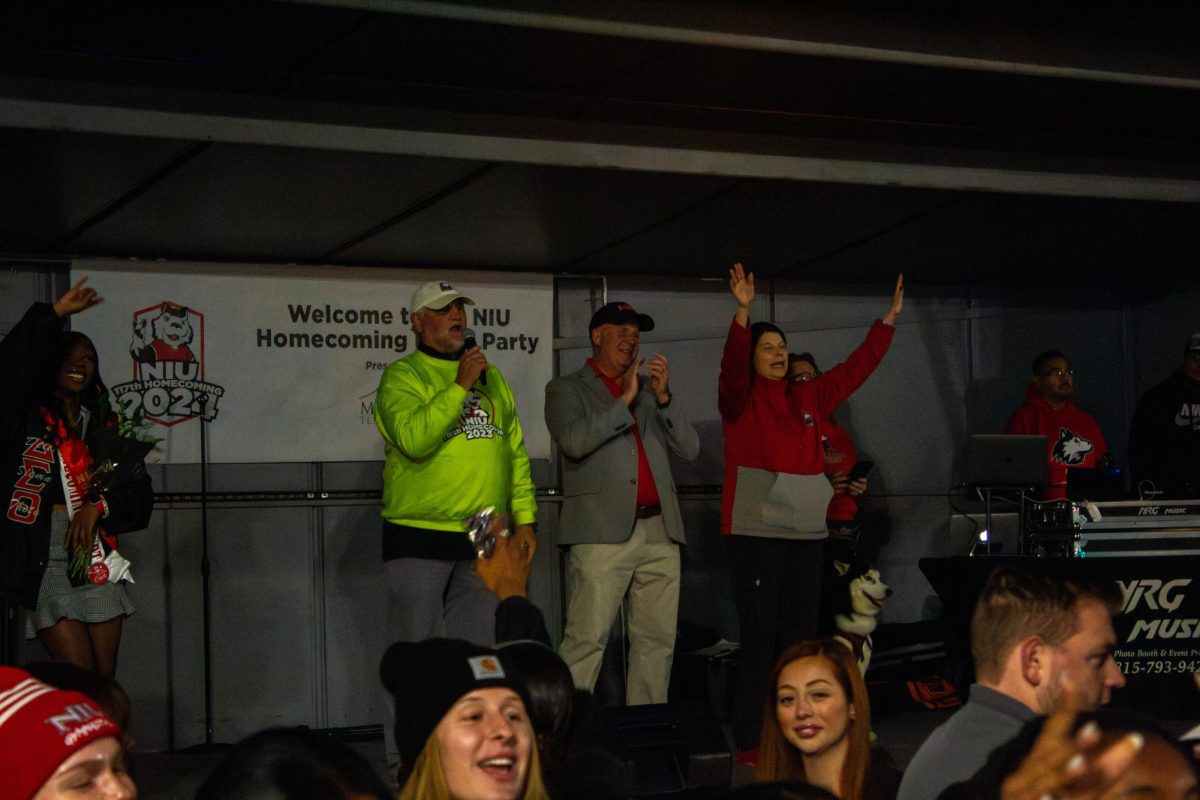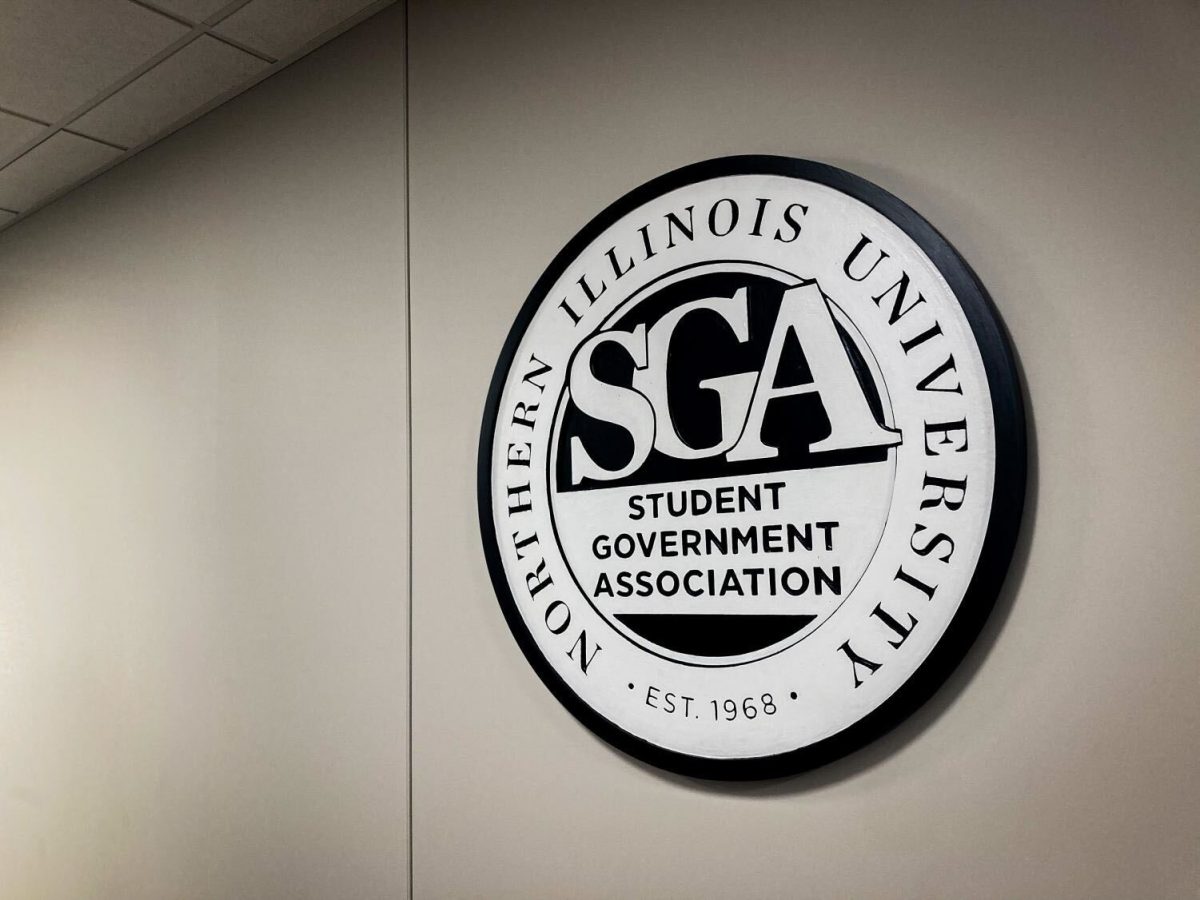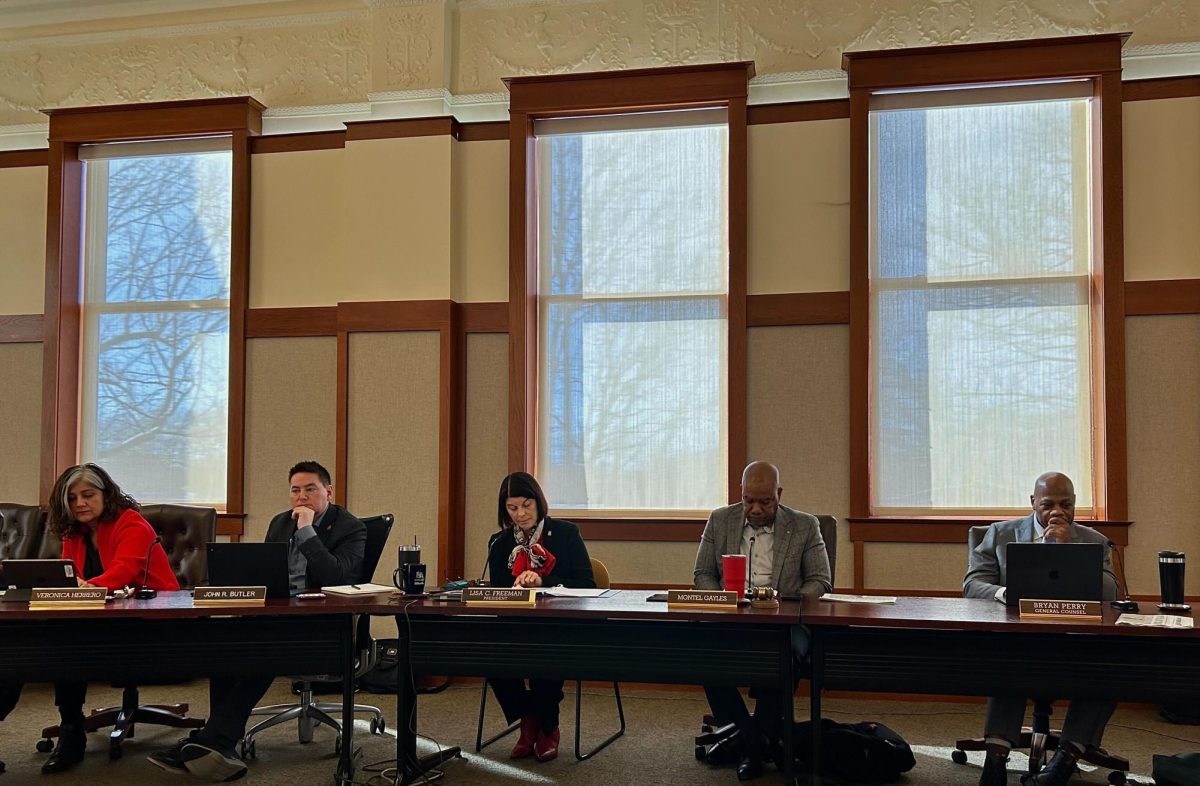DeKALB – The Center for Southeast Asian Studies hosted Reuven Pinnata, an assistant professor in the department of English, as the latest speaker in their fall lecture series Friday.
Pinnata opened his speech by describing his personal history of language, mainly focusing on his mother’s relationship with English.
“For my mother, English was not a language of purity, nor of cultural identity, but English was the language of work,” Pinnata said.
When speaking English, his mother’s accent labeled the language as something constantly surrounded by noise — something that interfered with her life and she sacrificed her own culture’s language for. This idea of English was hard to look past when trying to see the positives of knowing another language.
His mother’s accent soon became seen as more than just “broken English.” It became a metaphor for what English truly is, a language of work.
“Her English was marked with an accent, an accent that did not mark her identity, or her loss of identity, but rather marked English as a language in relation — that is, a language in the company of many other languages,” Pinnata said.
Pinnata shifted his lecture to the relationship language, colonialism and theory share.
“The poststructuralist intellectuals, Derrida, Foucault, Barthes, Kristeva, etc., were intellectuals who were responding not only to the crisis of Marxism in Europe, but also to the colonial order, to anthropology in particular,” Pinnata said.
He talked about the claim that “all theory is postcolonial theory” and placed a strong emphasis on theoretical revolutions born because of political revolts in colonies. This claim comes from Nicholas Brown, a professor at the University of Illinois at Chicago (UIC).Brown asserts that theory didn’t just appear, and that colonialism shaped the problems theory addresses.
Pinnata brought up the topic of theory in order to show a connection with language, colonialism and knowledge. He said language and theory didn’t have the chance to be something pure in their own way due to the effects of colonialism.
“Theory, as it circulates in U.S. academia, is a form of intellectual property. It must be published, cited and owned, even as it attempts to critique the very system that demands such ownership,” Pinnata said.
Pinnata grouped theory in the same light as something as small as gossip.
“Theory is not the possession of philosophers or academics alone; it is something ordinary, something overheard, something like gossip – an everyday practice of making sense of the world,” Pinnata said.
In the next section of the speech, Pinnata brought up the book “Fetish, Recognition, Revolution” by James T. Siegel.
“Siegel describes Malay as a lingua franca, a language without a fixed identity, where any word can be substituted by another. To speak Malay is always to overhear, to hear what is not intended for you,” Pinnata said. “But Siegel’s emphasis on circulation and exchange risks reproducing capitalism’s own fantasy — that commerce is smooth, that everything can be substituted. What disappears in this account is the material violence of production and accumulation, the dispossession that makes such exchange possible.”
Pinnata brought up Bakri Siregar’s play “Saidjah dan Adinda” as well as Pramoedya Ananta Toer’s later writings as an example of Indonesian literature. These pieces of literature counter Siregar’s play since they show the violence caused by colonialism and don’t just pass it off as a show of identity.
Both of these works assert that overhearing something can reveal the secrets that colonial capitalism holds.
“In Bakley’s play, then, overhearing leads to a glimpse of the totality of the colonial capitalist system. Not only does Saija overhear in secret, what he overhears is the secret of the system itself. The uprooting of the peasantry from their means of subsistence, the very act of originary accumulation as such,” Pinnata said.
This idea was pushed by Pramoedya as well, by framing literature as a metabolising of social materials rather than it being an exchange of identities. This means that instead of trading identities and ideals, these social materials were transformed and produced into something new.
“Contrary to James Siegel, this is not the exchange of identities, but the exchange of stuff, of materials. In Indonesian literature in this way would not be a literature of identity, it would be a literature of the world of things, of the material world, or better yet, to use the word that is very important to Pramoedya, a literature of the earth,” Pinnata said.
The next lecture in the Center for Southeast Asian Studies fall lecture series will take place at 12 p.m. Oct. 8 in the Asian American Resource Center and virtually.


